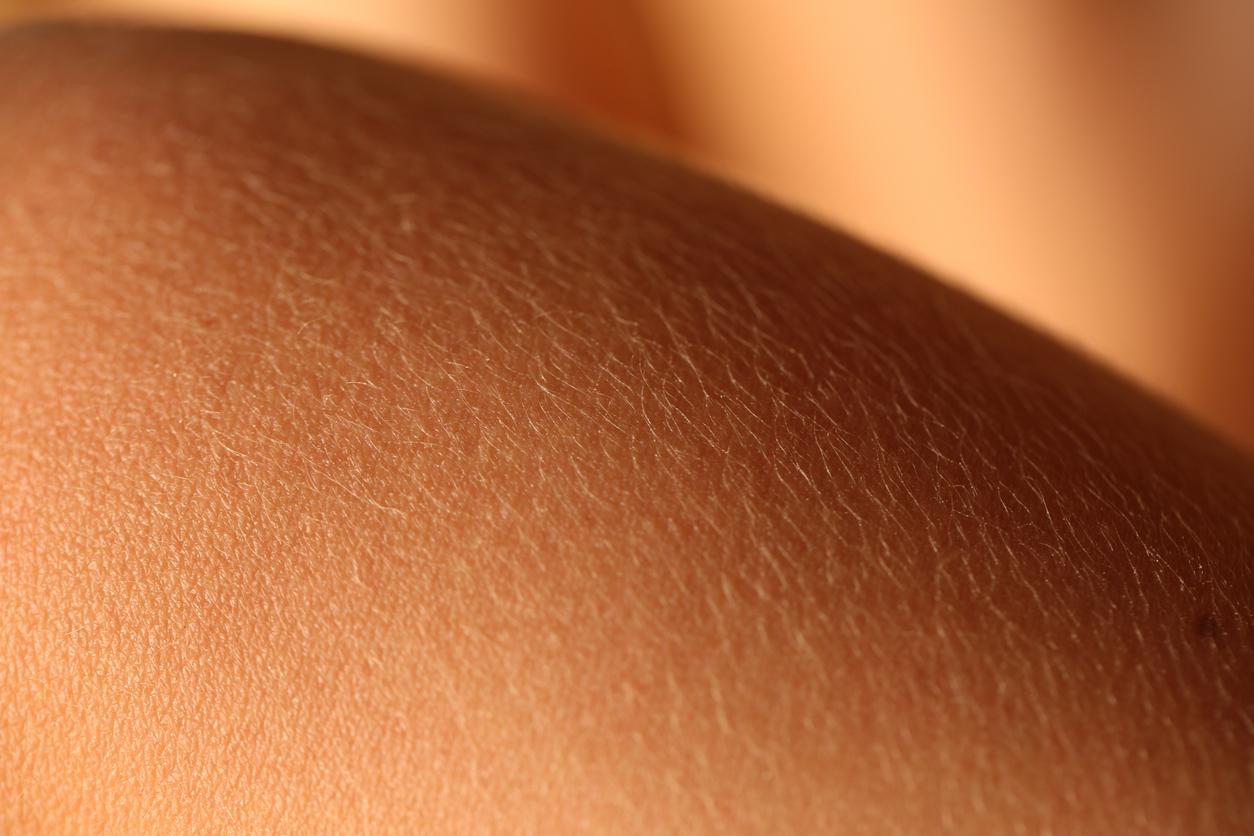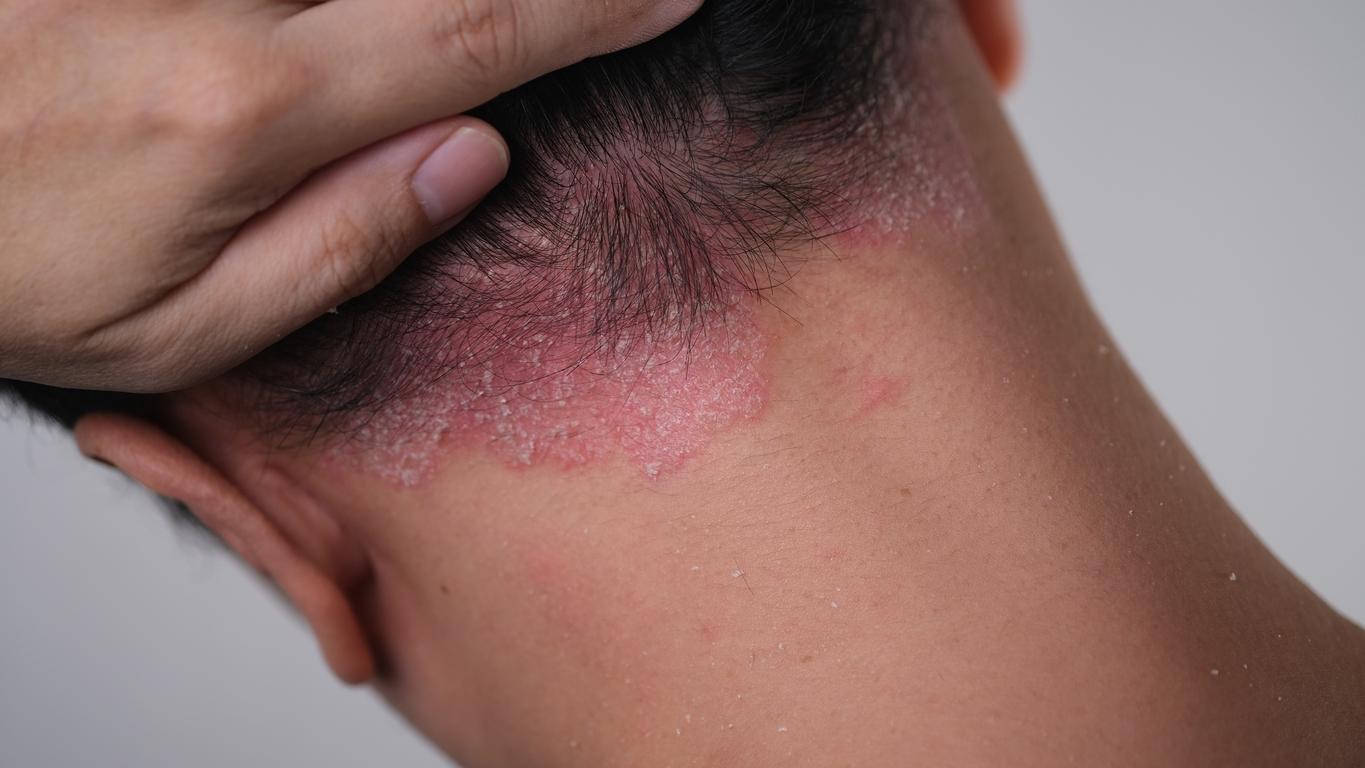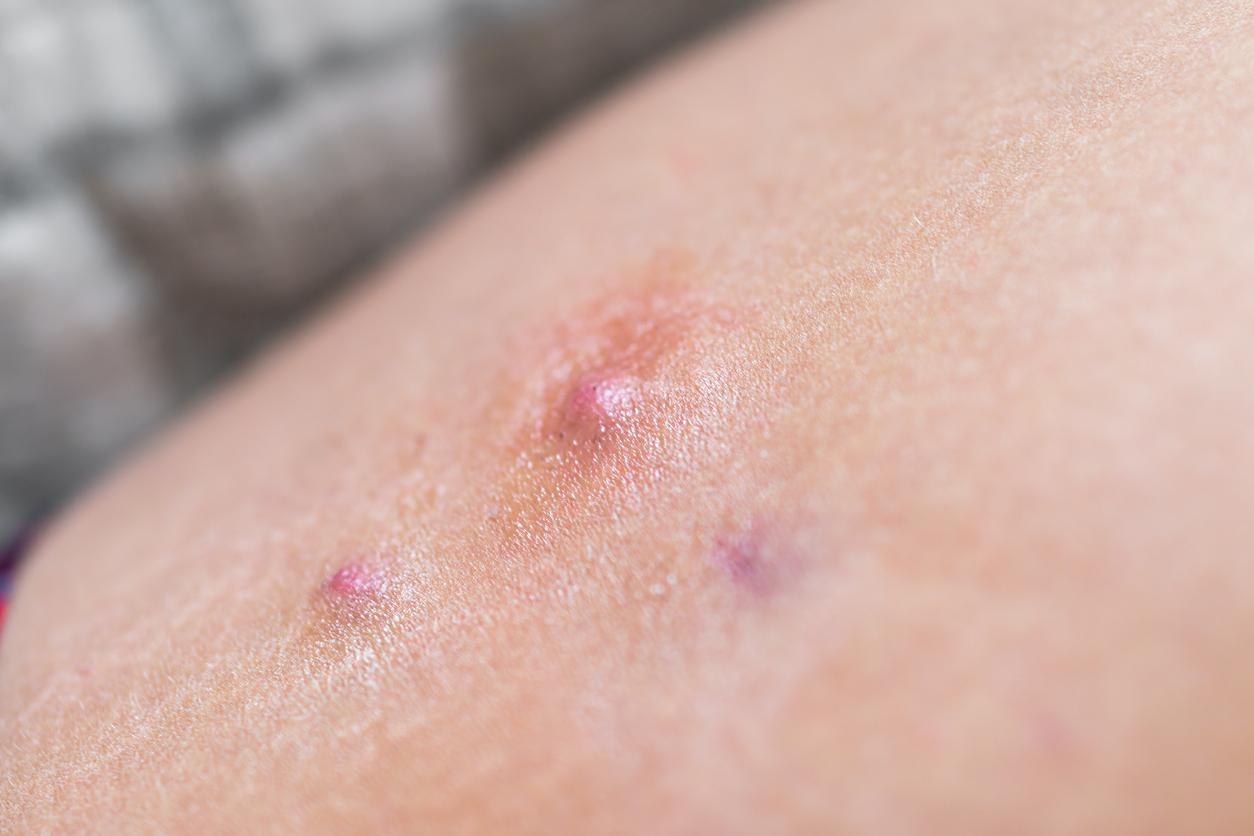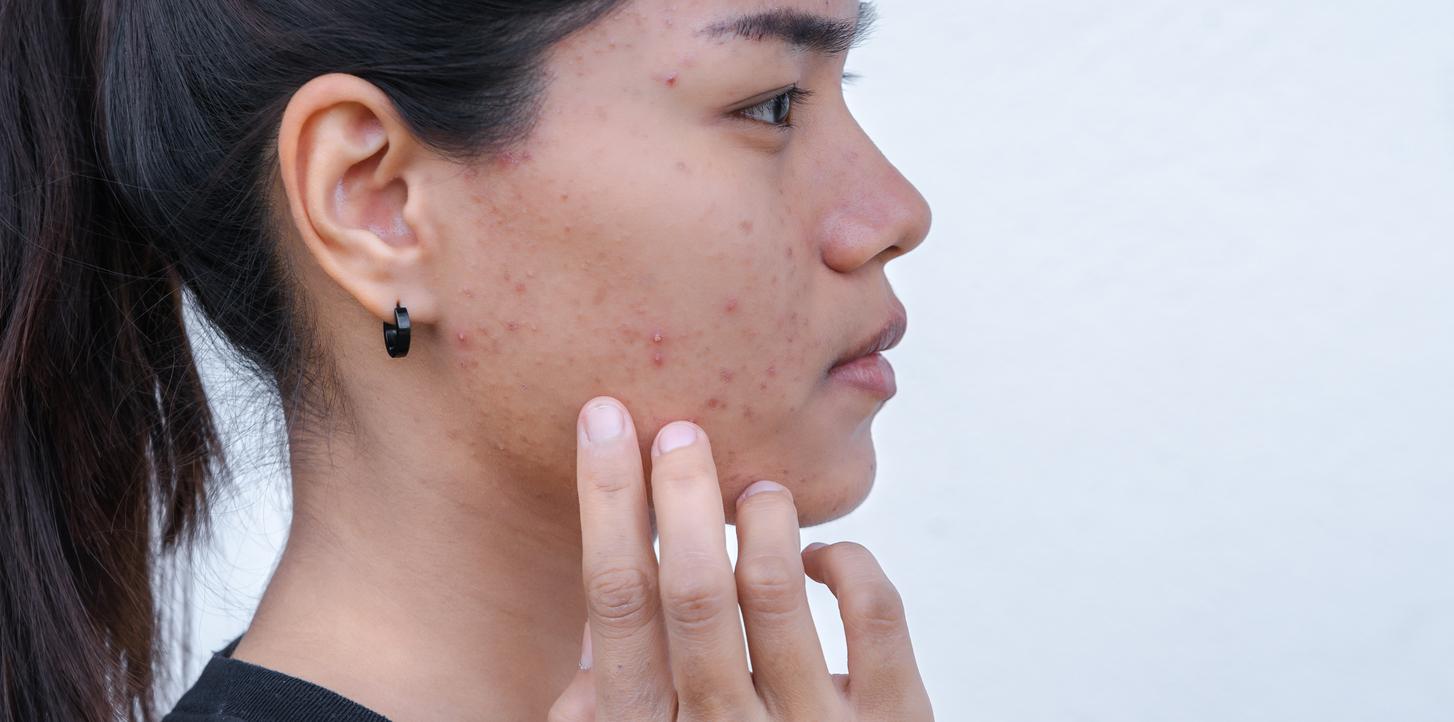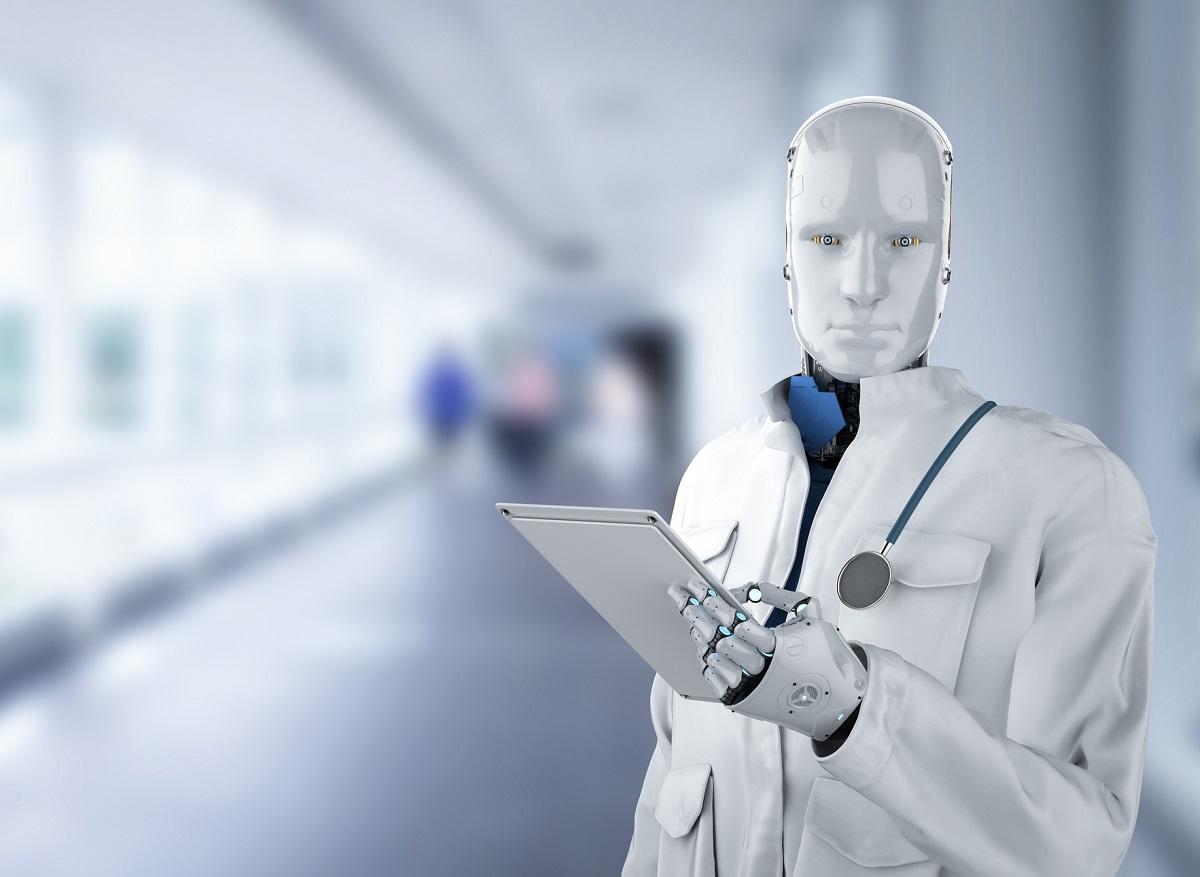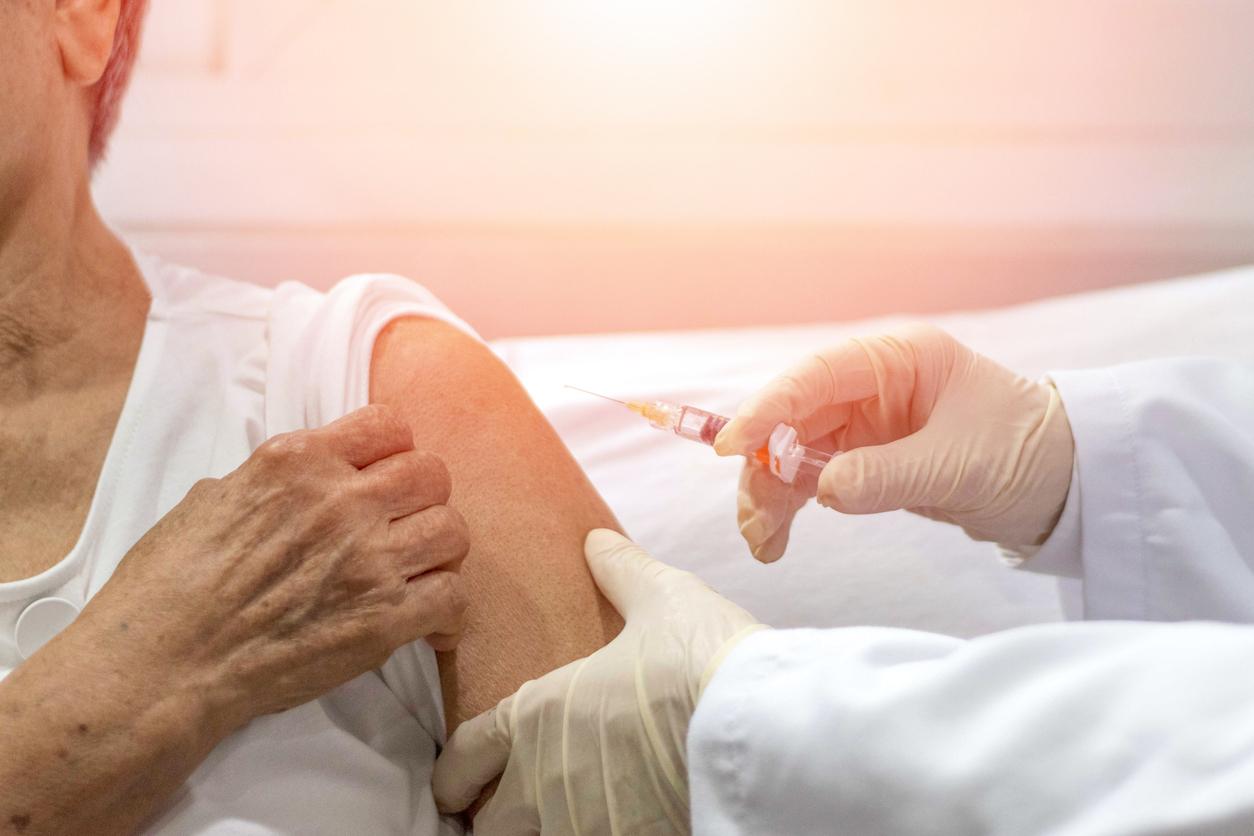A new form of shingles vaccine appears to offer protection against this disease, which is one of the most common side effects of cell therapy. A hope for patients whose immune system is deficient.

Shingles is a common and painful complication after cell therapy based on autologous hematopoietic stem cell transplantation (HSCT). A new vaccine has just been developed to prevent this disease and it seems promising for patients whose immune status is degraded.
Shingles results in blisters and rashes usually located on one side of the body and causing intense and persistent neurological pain.
A series of two doses of vaccine
A study conducted by a Duke Health researcher and published in the jama demonstrates that among people who underwent autologous transplants, a two-dose series of recombinant shingles vaccine significantly reduced disease incidence compared to placebo over a median follow-up of 21 months.
Using a non-live form of the herpes zoster virus that causes shingles, researchers tested the effects of vaccination in people whose immune systems are destroyed during hematopoietic stem cell transplant (HSCT), patients particularly prone to episodes of shingles caused by reactivation of latent shingles virus, which also causes chickenpox.
30 cases for the vaccinated group versus 94 cases for the placebo group
Duke Health researchers recruited 1,800 transplant recipients. Half of the patients were randomized to receive two doses of the vaccine soon after the transplant and the other half a placebo. After a median follow-up of 21 months, the vaccinated group had 30 cases of shingles compared to 94 cases in patients who received placebo injections.
The vaccine also reduced the incidence of painful post-treatment neuralgia, that of hospitalizations and complications related to shingles and the duration of pain.
A treatment that could work for other immunocompromised patients
“This trial is important because it demonstrates that the vaccine is effective in severely immunocompromised patients and suggests that this treatment may also work in other patients with non-normal immune systems, such as those with HIV infection, patients with breast cancer or other autoimmune conditions,” said oncologist Keith Sullivan, professor of medicine at Duke Health and one of the study’s authors.

.









